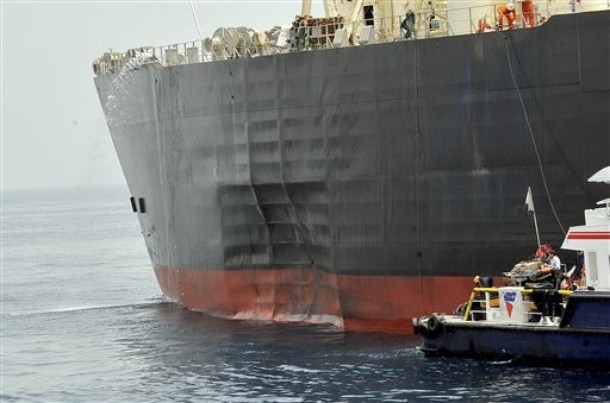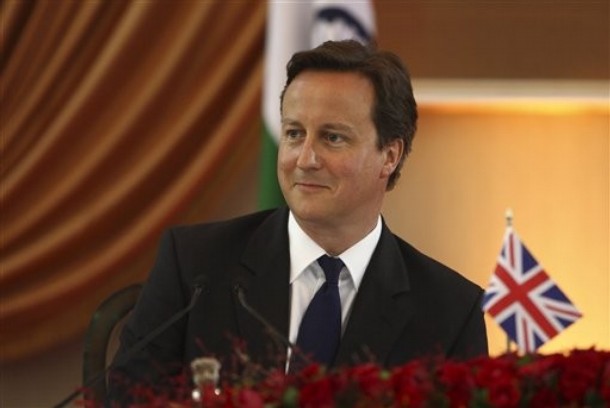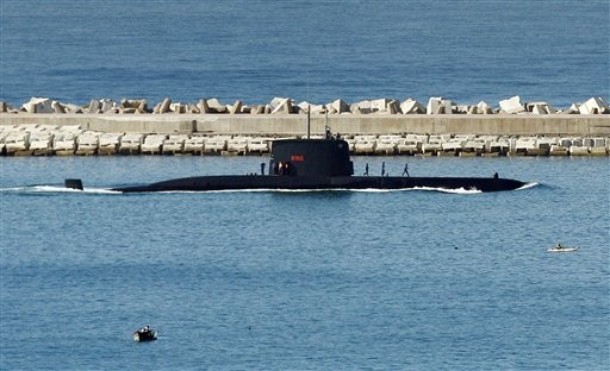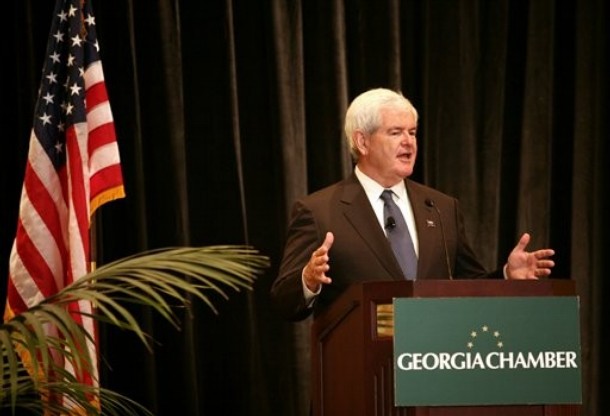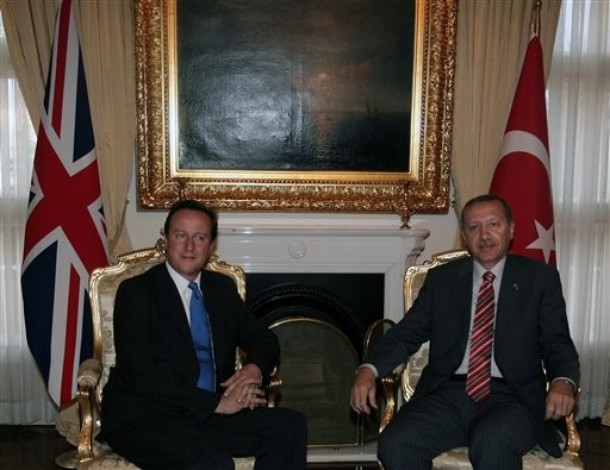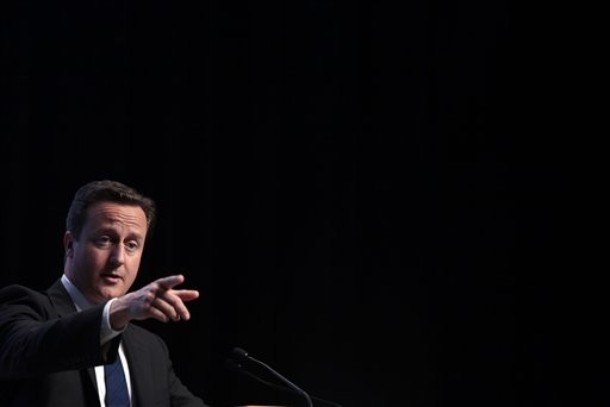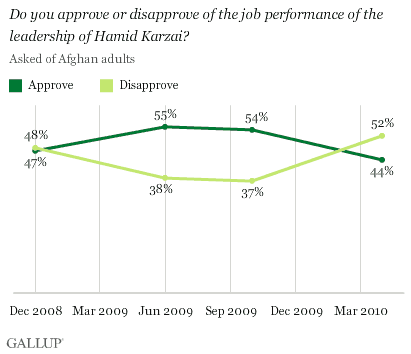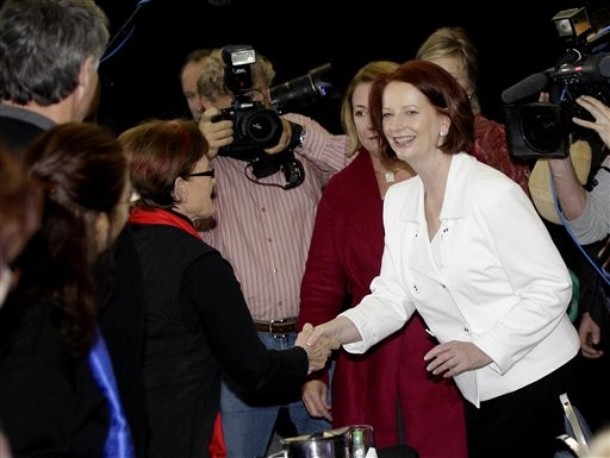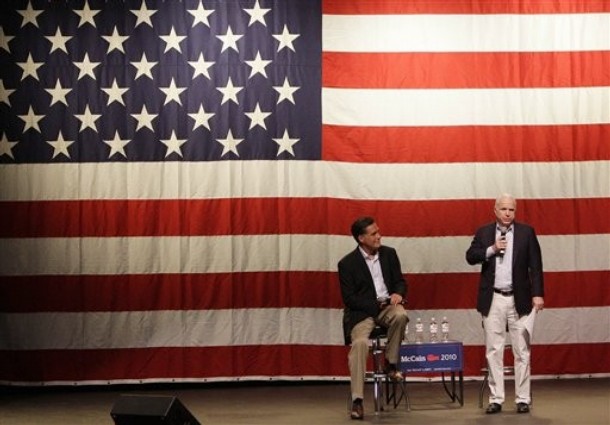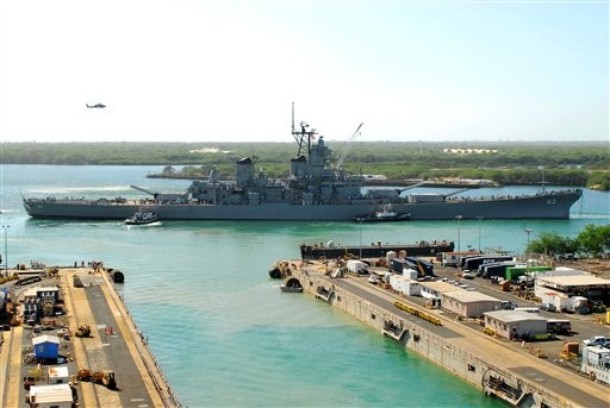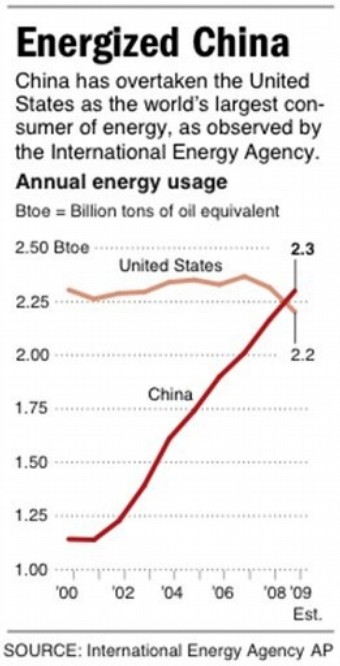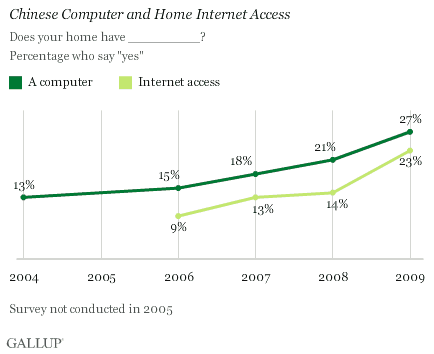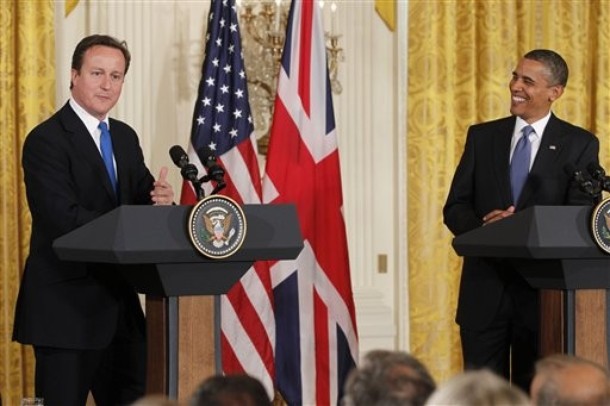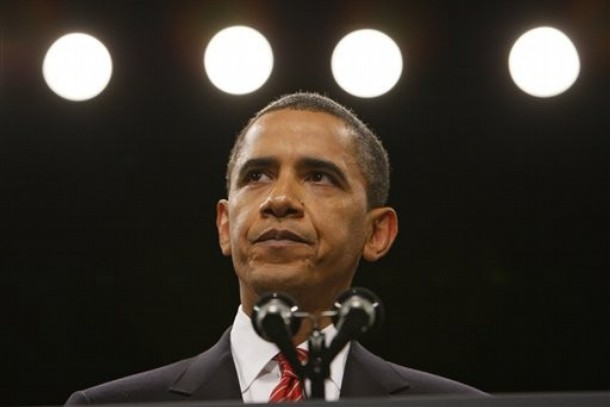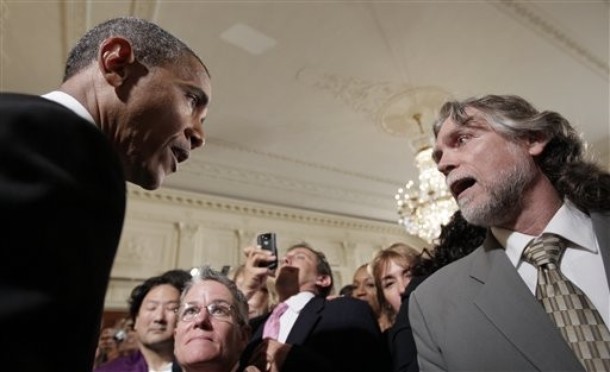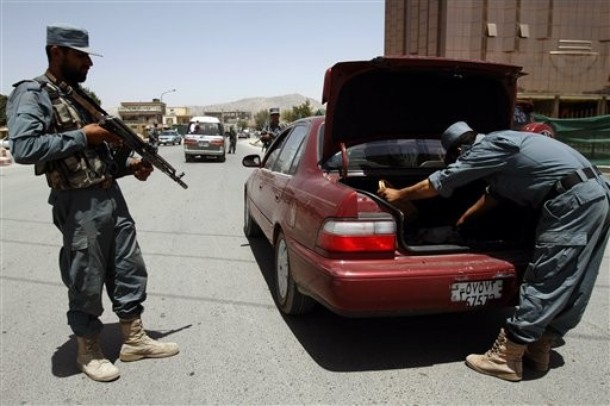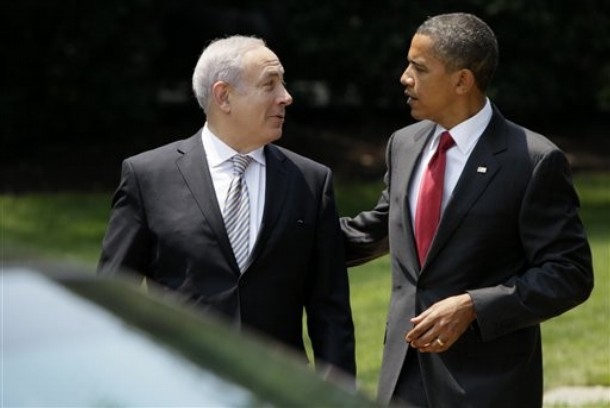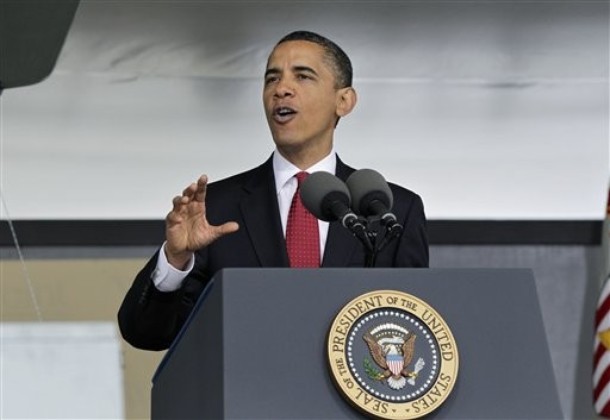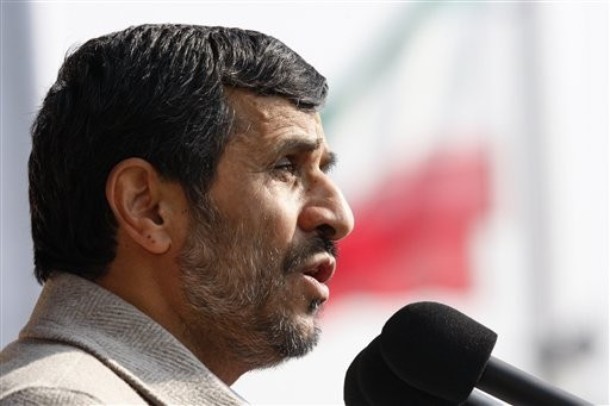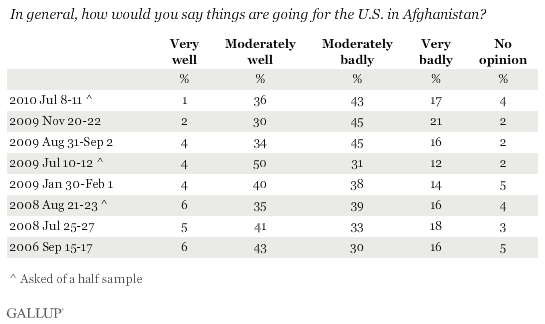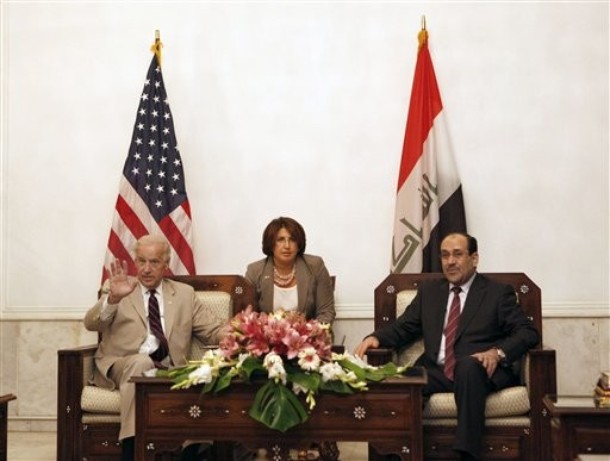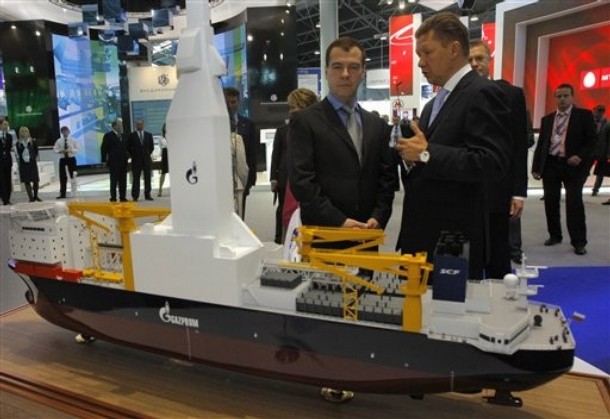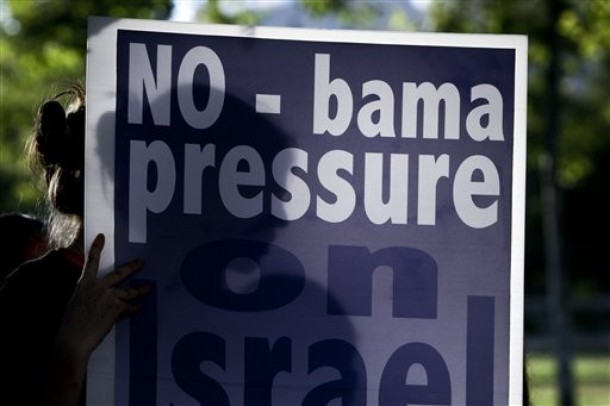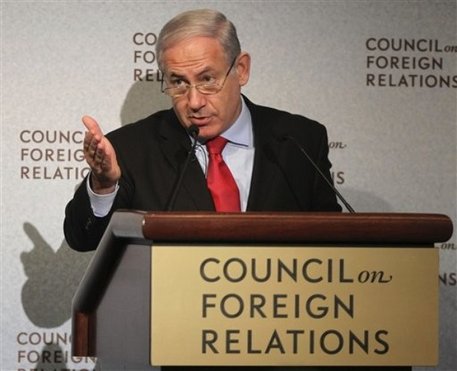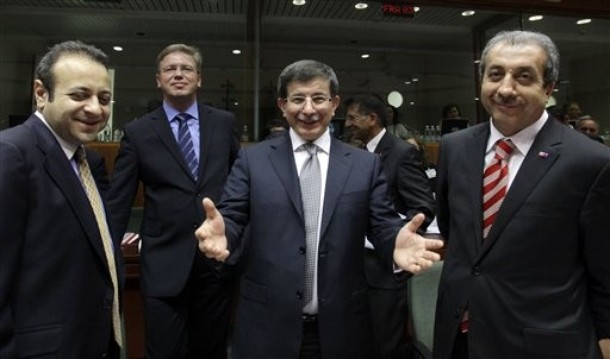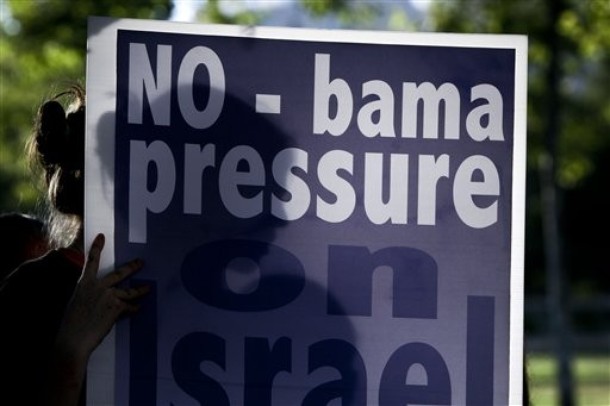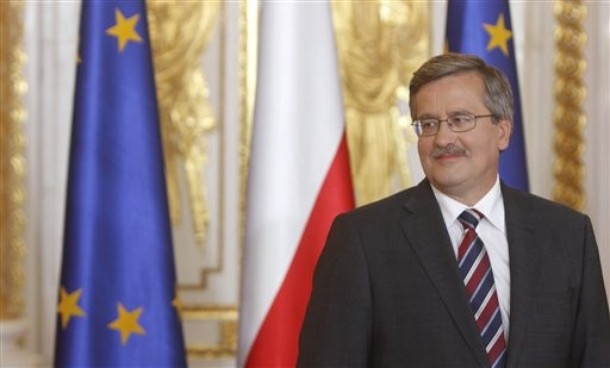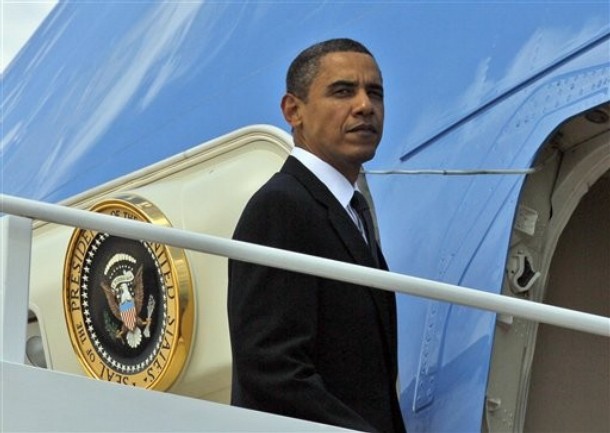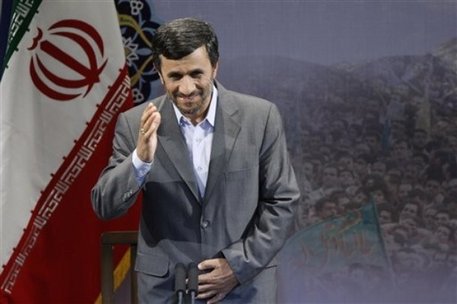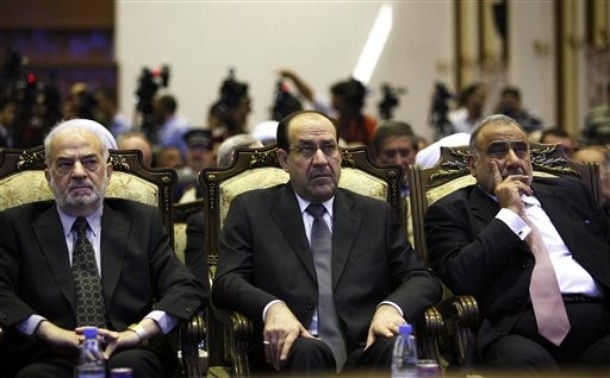Why We're Failing in Afghanistan
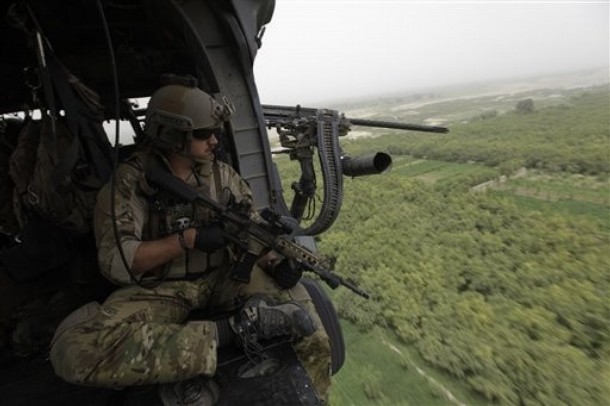
Max Boot sums it up in a nutshell:
Devine’s argument appears, on the surface, to be more hardheaded, but actually, it is almost as unrealistic — and not incompatible with Kristof’s fantasy, as I bet Kristof imagines that his “schools for all” option could be supplemented by Special Operations and CIA actions to keep the Taliban in check. Such operations worked well in the past, as Devine notes, when the CIA was helping the mujahideen resist Soviet rule and then again in 2001, when it was helping the Northern Alliance overthrow the Taliban. But there is a fundamental disparity between those situations and the one we face today. It’s much easier for a covert force to overthrow a government, especially an unpopular government like the Soviet-backed regime or the Taliban. Altogether more difficult is imposing the rule of law, extending the authority of a new government, and stamping out a tenacious insurgency. Those are the challenges that we face today in Afghanistan, and they can’t be accomplished by a handful of special operators. They require large troop numbers, and because the Afghan National Army still lacks adequate capacity to police the country, its efforts must be supplemented for the short-term by the U.S. and its NATO allies. [Emphasis mine]Did you read anything in there about preventing al-Qaeda attacks on the American homeland? Neither did I. The Boot recipe for waging a huge counter-insurgency is only marginally related to our ability to stop al-Qaeda from using Afghanistan as a base from which to train and plot attacks against America (and even preventing al-Qaeda from using Afghanistan would not help us against al-Qaeda attacks originating in any number of countries). Devine's argument (unfortunately behind the WSJ's firewall) calls for a mission that is targeted at the proper ends - keeping al Qaeda off balance. That does not require any of the steps Boot prescribes. Waging a counter-insurgency in Afghanistan is not only far too ambitious, it's also basically irrelevant to our security needs.
(AP Photo)

